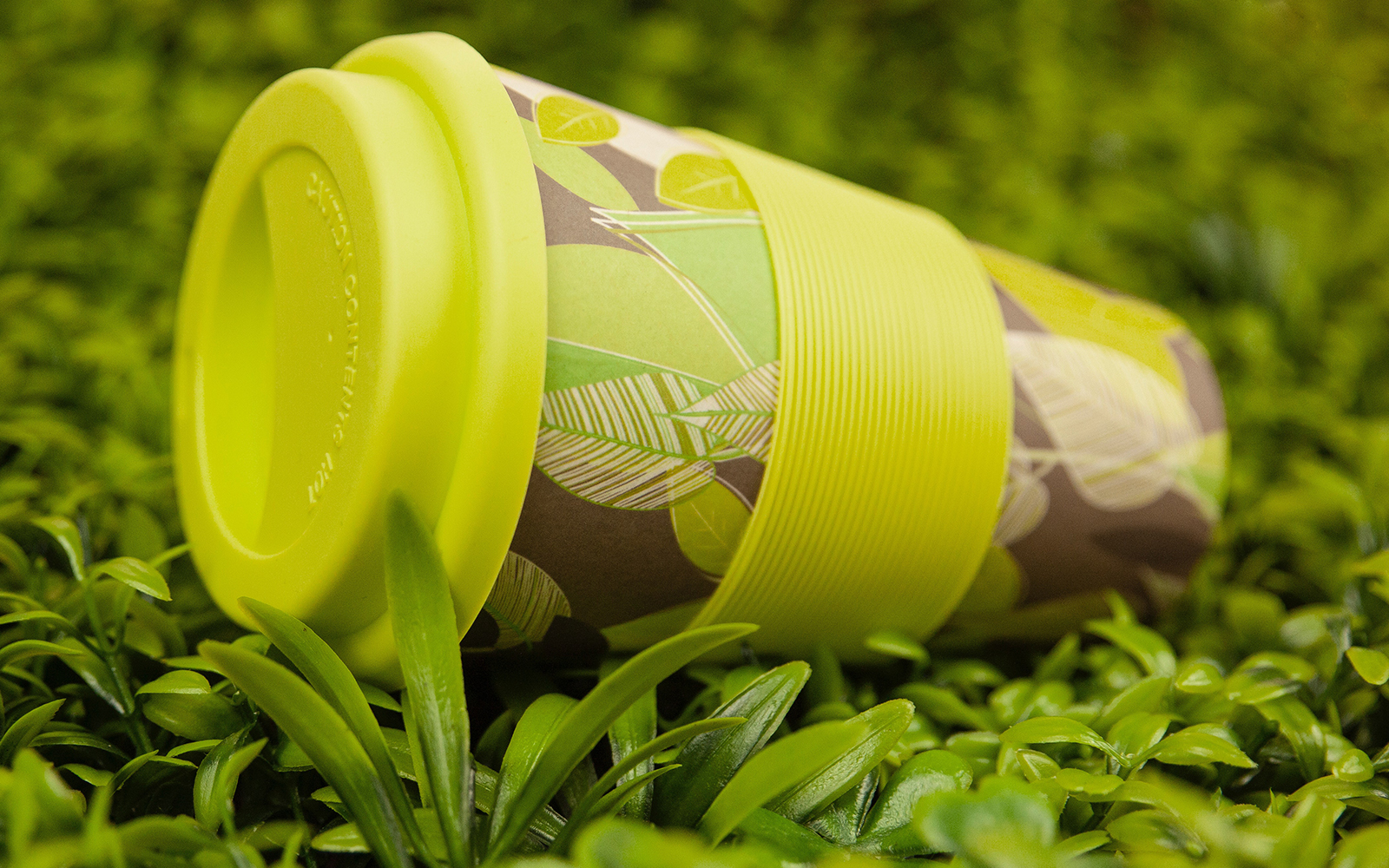While we may think that recycling is a plausible solution to the plastic waste crisis, it may come as a surprise that only less than 10 percent of discarded plastic ends up getting recycled.
While eco-friendly alternatives to traditional petroleum-based plastics may be easier to recycle, they are not yet a perfect solution. For example, polymers called covalent adaptable networks (CANs) are strong, easy to recycle, and chemical-resistant, in addition to often possessing unique self-healing and shape-memory retention properties that distinguish them from conventional plastics. However, manufacturing CANs in a green way remains a challenge.
“Currently, the production of CANs largely relies on fossil fuels as starting materials, at least in part,” said materials scientist Zhuang Mao Png from A*STAR’s Institute of Materials Research and Engineering (IMRE) and Institute of Sustainability for Chemicals, Energy and Environment (ISCE2). “To create truly green plastics, we should consider using sustainable source material alternatives like biomass instead.”
Png and colleagues have developed a plant-based CAN made entirely from derivatives of sugars such as fructose and glucose. In order to optimise the mechanical strength and durability of the end product, the team chose carefully optimised the composition of the sugar derivatives to form the foundation of their CAN.
The team also made CAN recyclability a priority. “The key to the material’s recyclability lies in the incorporation of acetal groups that can be easily altered under specific conditions,” explained Png. “We took advantage of this characteristic by using them within the polymer’s crosslinks, allowing for easy breaking and reassembling of these bonds.”
Under real world conditions, recycling methods can vary significantly. Some plastic recycling techniques don’t use solvents, but this usually comes at the expense of the recycled product’s strength and performance. On the other hand, monomer recovery based chemical recycling can generate recycled plastic polymers with full recovery of its performance, but usually involves a laborious separation step.
“In a stroke of serendipity, we reached a middle ground,” commented Png. “We discovered that we could use water to partially depolymerise our CAN material, which can then be reworked and reused again without compromising the quality of the recycled product or requiring any separation of the starting monomers.”
For now, Png’s team are focusing ongoing efforts on improving the flexibility and stability of their CAN. “We are hopeful that these barriers can be overcome with the current material system or with alternative biomass-derived and monomer-recoverable materials,” he concluded.
The A*STAR-affiliated researchers contributing to this research are from the Institute of Materials Research and Engineering (IMRE) and the Institute of Sustainability for Chemicals, Energy and Environment (ISCE2).






